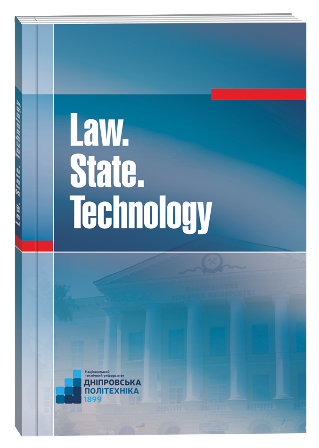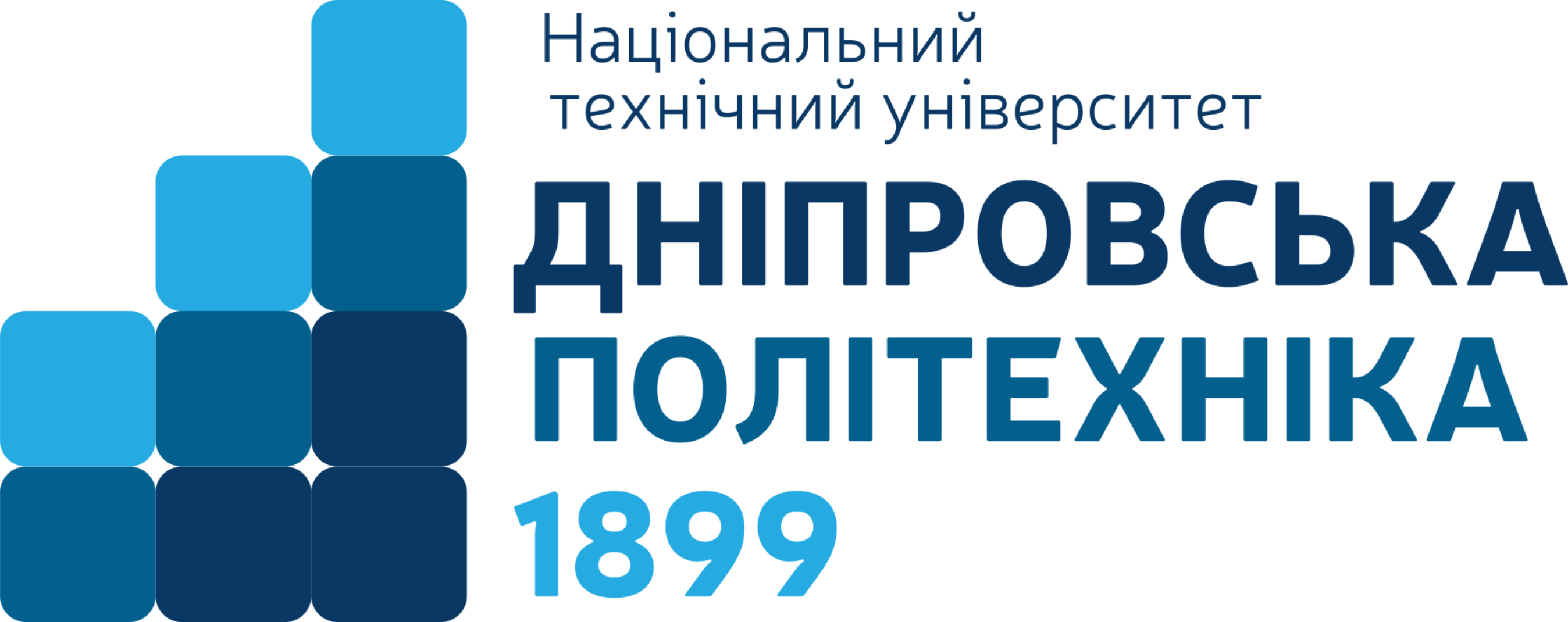TEMPORARILY OCCUPIED TERRITORIES: FOREIGN EXPERIENCE OF HUMAN RIGHTS PROTECTION
DOI:
https://doi.org/10.32782/LST/2023-3-2Keywords:
temporarily occupied territories, deoccupation, local self-governance, municipal management, municipal law, human rightsAbstract
The purpose of the article is to summarize the foreign experience of human rights protection when it comes to temporarily occupied territories. It is summarized that in the legal literature, based on the study of the experience of foreign countries, it is stated that a number of serious constitutional and legal problems related to human rights arise in the temporarily occupied territories. Among these rights, the right to life and safety, freedom of expression, the right to a fair trial, the right to freedom and personal integrity, the right to education, the right to medical care, the right to work and social protection are considered to be appropriate. The author emphasizes that these generalizations refer to individual subjective rights that are exercised individually. Among the rights that are exercised collectively, the right to national self-realization is probably the most violated. After all, occupation can limit the opportunities of national groups for self-realization and cultural development. In addition, in the occupied territories, as the experience of foreign countries shows, the rights of the smaller ones are the most encroached upon. In the temporarily occupied territories, the rights of national, ethnic or religious minorities may be violated due to repression and discrimination. It should be added that the temporary occupation of territories exacerbates the problem of protecting the rights of migrants and refugees: Occupation can lead to migration flows, where people can become refugees and need international protection and assistance. It is summarized that foreign countries use various measures and approaches to solve these problems: a) diplomatic pressure and international attempts to resolve the conflict can contribute to the restoration of human rights in the temporarily occupied territories; b) international judicial bodies can provide a legal assessment of the situation and protect human rights; c) humanitarian aid can alleviate the humanitarian consequences of the conflict and help resolve constitutional and legal issues; d) protection of the rights of national minorities can contribute to the cultural and linguistic development of these groups; e) peace negotiations and de-occupation plans can ensure the settlement of the conflict and guarantee the rights of the population; f) human rights monitoring helps document violations and puts pressure on the occupiers.
References
Mishyna N. V. Role of local and regional authorities in the implementation of ECtHR judgments: bibliographical review. Юридичний вісник. 2023. № 3. С. 146-151.
Mishyna N. Ukrainian Legislation on Associations: Constitutional Axiology And The European Court Of Human Rights’ Case Koretskyy and Others v. Ukraine. Наукові праці Національного університету «Одеська юридична академія». Одеса, 2022. Т. 31. С. 57-63.
Qaracayev C. Axiological Function оf The Constitutional Court оf The Republic оf Azerbaijan. Juris Europensis Scientia. 2022. №3. C. 135-138.
Qaracayev C. Local Self-government in the Republic of Azerbaijan:Problems of the Administrative Supervision. Науковий вісник Міжнародного гуманітарного університету. Сер.: Юриспруденція. 2022. № 57. C. 24-27.
Легеза Ю.О. Забезпечення без-пеки використання природних ресурсів в умовах адміністративно-правового режиму антитерористичної операції на території Донецької та Луганської областей України. Прикарпатський юридичний вісник. 2017. № 2. С. 75–79.
Leheza Yu.O. Public environmental funds as a source of the formation of local budgets of Ukraine. Юридичний науковий електронний журнал. 2022. №7. С. 522-524.








